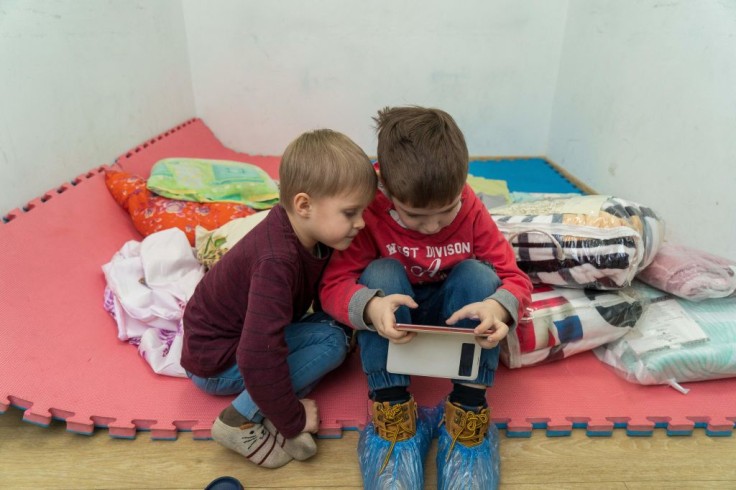
Child care experts warn parents that they should keep an eye on their children's game apps as they may not be as innocent as it seems. A recent study found that some apps use appealing characters to lure children into making purchases or would challenge children to keep on playing and pick a particular time for the kids to resume playing.
According to a study published in Jama Network, Dr. Jenny Radesky, the lead author and associate professor of pediatrics at the University of Michigan C.S. Mott Children's Hospital, analyzed the gaming apps on devices owned by 160 kids aged three to five. The findings revealed that some apps would lure children into making purchases or make them stay online longer by challenging them. Extended plays would mean more ads for children to watch and more money for the app developers, Radesky explained.
Not so kid-friendly children's apps
According to Radensky, the manipulative sections of software were not designed for kids. Most developers copied what was in the adult apps and pasted them into the children's apps. Parents are usually frustrated and appalled as ads keep on popping up. The apps are intentionally designed to keep the kids from clicking.
Researchers also noted that in one of the most popular apps in the study, there are embedded ads for more disturbing games like "Kick the Buddy," which encourages users to abuse a doll in all kinds of sick and twisted ways.
In 50 percent of apps studied, the researchers noted that they use a feature called tunneling, in which the child is not given an option to stop and go somewhere else. Instead, it has pop-ups or auto-advancing features that keep the kid's eyeballs glued to the screen.
Read Also: TikTok Dad Slams School for Giving His 15-year-old Son Antidepressants Without His Knowledge
Popular More said that the University of Michigan study revealed that children as young as three engage in manipulative tactics to prolong their gaming sessions and buy virtual items. It cited an app like "ABC Animals" that lures kids into spending money by telling the player to play with some cute animals for a small fee. When the kids choose to spend money, it will be billed to the credit card used to get the app.
Other apps include scheduling play appointments and daily reward schedules to build habits, social pressures, and obligations. For kids to obtain a rare, powerful item, developers use another tactic to loot boxes or other slot-machine-like mechanics. This tactic has been banned in some countries.
Combatting manipulative software
As per Today, experts recommend these to parents for kid-friendly surfing:
- Like teaching a child to cross a street safely, be with the kids when playing the game so they would understand how to do it. Play with the kid at the initial round, and then every few months, be with them while they are playing to be aware of what they are encountering as they reach another level.
- Turn off features such as allowing purchases while within the apps.
- Have calm conversations with the kid about the possible dangers of using the app and how to avoid it.
Related Article: Mom Finds Out Her Daughter's Daycare Apps are "Dangerously Insecure"